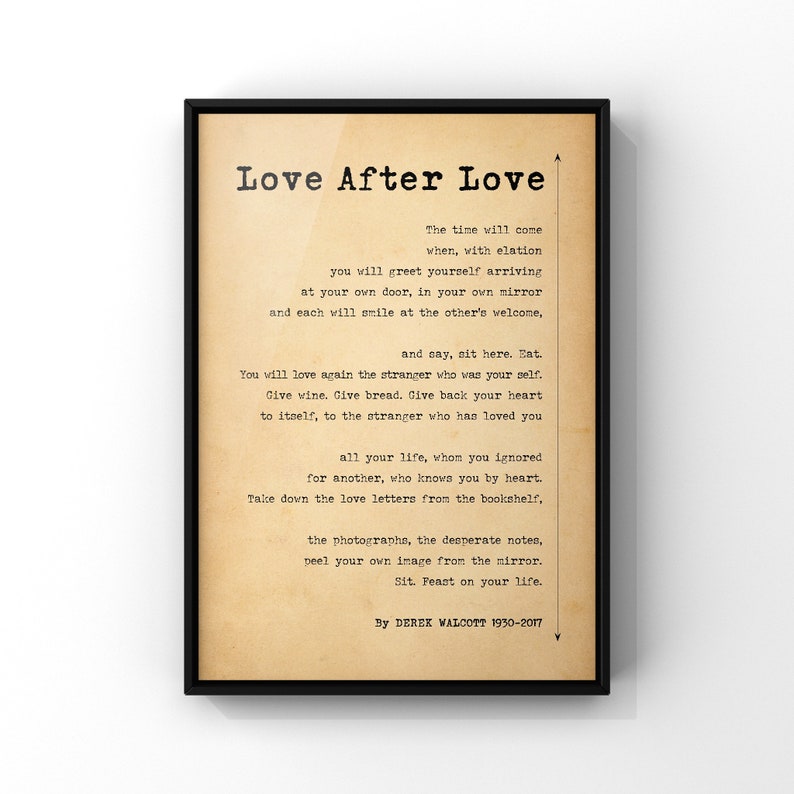Wystan Hugh Auden
 |
| Source: Amazon |
Wystan Hugh Auden (1907-1973) was an Anglo-American poet, playwright, and literary critic. He was a member of the generation of poets who came to prominence in the 1930s, and is considered one of the greatest poets of the 20th century. He was born in York, England and educated at Oxford University. He spent much of his life in the United States, becoming a citizen in 1946.
Auden's poetry reflects his wide-ranging interests and diverse influences, including classical literature, modernism, and psychoanalysis. He wrote on a wide variety of subjects, from politics and social issues to love and personal relationships.
In his poetry, Auden often explores the theme of love, both romantic and platonic. Many of his poems deal with the complexities and contradictions of human relationships, and the various forms that love can take. He wrote about the joys and sorrows of love, the longing for connection, and the pain of separation. Some of his most famous love poems include "Stop All the Clocks," "As I Walked Out One Evening," and "In Memory of W.B. Yeats."
Auden's poetry is known for its wit, irony, and intelligence, as well as its emotional depth. He has a unique style of poetic voice and his work is often considered as dense and allusive. He continues to be widely read and studied today, and his poetry continues to be celebrated as some of the most important and powerful of the 20th century.
W. H. Auden served as chancellor of the Academy of American Poets from 1954 to 1973 and divided most of the second half of his life between residences in New York City and Austria. He died in Vienna on September 29, 1973.
Auden's poem
Derek Walkott
Derek Walkott (1930-2017) was a Saint Lucian poet, playwright, and painter. He was awarded the Nobel Prize in Literature in 1992 for his "a poetic oeuvre of great luminosity, sustained by a historical vision, the outcome of a multicultural commitment."
Walkott was born in Castries, Saint Lucia, and was educated at the University of the West Indies and the Royal Academy of Dramatic Art in London. He began writing poetry at a young age and published his first collection, "25 Poems," in 1948. He went on to publish several more collections of poetry, as well as plays and essays. He has published over 20 collections of poetry, and several plays and essays.
Walkott's poetry reflects his Caribbean heritage and his experiences growing up in a colonial society. He wrote about the complexities of race, identity, and history, and the various forms that love can take. His poetry is known for its lush imagery, musicality and emotional depth. He used his writing as a way to reflect and express his experiences, identity and thoughts on the world.
Walkott's impact on global poetry is significant, and his work has been widely recognized for its ability to convey the beauty and pain of the human experience. He is considered one of the most important and influential poets of the 20th century, particularly for his ability to convey the complexities of Caribbean culture and identity. His work has inspired countless poets, particularly in the Caribbean and around the world, and continues to be widely read and studied today.
Walkott's legacy is also seen in the creation of the Trinidad Theatre Workshop, which he co-founded in 1959, and the annual Caribbean Festival of Arts, which he created in 1972. This festival has been an important platform for the promotion of Caribbean culture, and the development of Caribbean artists, including poets.
Walkott's poem
 |
| Source: etsy.com |

.png)


Thanks Juan for the information. In my opinion, I do not think platonic love is a form of love, but a stage (this could be discussed).
ReplyDeleteI found interesting Walcot's approach, since he used his writing as a way to reflect his experiences, identity (how important is this word for me) and thoughts on the world. Also, as a person belonging to a posmarxist tradition of thinking, I find it really important, when talking about love, to take a "class" and gender approach. I completely agree with the idea that men do not love in the same way as women, and experiences of love for both are clearly different. Of course, this is cultural, but a radiography of love cannot avoid these aspects.
Thanks for your work. See you in the book club.